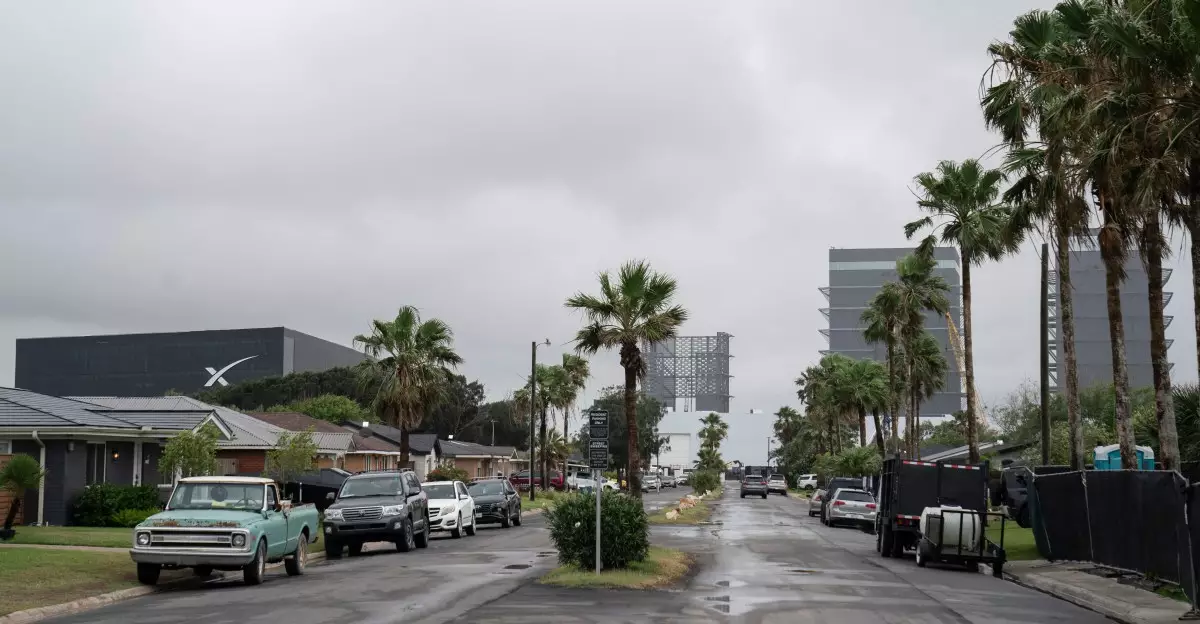In a historic turn of events, SpaceX employees residing near the company’s launch site in Boca Chica, Texas, have taken an unprecedented step by voting to establish a new city named Starbase. This decision marks not just a pivotal moment for employees but also signifies the increasing influence of private space ventures on local governance. The overwhelming approval—212 to 6—illustrates a clear alignment among the workforce, primarily composed of SpaceX employees, as they seek to create a supportive ecosystem that fosters innovation and development.
The Mechanism Behind the Movement
The incorporation of Starbase was not an overnight phenomenon; it emerged from a petition that successfully garnered enough signatures to initiate a vote. With only 283 eligible voters, an estimated sixty percent of the electorate were directly involved with SpaceX. This makes one wonder: is this really a grassroots movement or merely a reflection of corporate power seeping into local democratic processes? The compact size of the electorate may prompt questions about the representativeness of such decisions, raising issues regarding autonomy when a company holds substantial sway over its workforce.
Elon Musk’s Vision and Its Implications
Elon Musk, the visionary behind SpaceX, has long fantasized about a self-sustaining “company town.” His declaration of victory prior to the official vote tally shows a blend of optimism and ambition, characteristic of Musk’s entrepreneurial approach. However, this raises ethical dilemmas—should a single company’s interests dictate municipal governance? If Starbase becomes a model for other tech companies, we might witness a new era of governance dominated by corporate agendas, which could potentially sideline broader community interests.
Regulatory Shifts and Their Consequences
The implications of Starbase extend beyond mere nomenclature. The incorporation could unlock new avenues for SpaceX to exert control over its launch operations. Notably, the current legislative momentum around Texas Senate Bill 2188 seems strategically advantageous for the company, allowing it to bypass typical avenues of regulatory oversight. This underscores a worrisome trend: an increasingly lax regulatory environment accompanied by the growth of private enterprises. While innovation and speed are crucial in the tech sector, this trajectory comes at the potential cost of environmental safeguards, posing risks that should raise collective eyebrows.
The Role of Federal Oversight
Amidst these developments, the diminishing control of federal authorities such as the EPA and FAA raises alarms about accountability. With Musk’s successful efforts to diminish regulatory restrictions, concerns about environmental and safety standards escalate. As private ventures like SpaceX take on more responsibilities resembling government functions, the checks and balances that have traditionally safeguarded public interests appear to be weakening.
The establishment of Starbase, Texas, is not merely a local development; it represents a critical intersection of technology, corporate governance, and community implications. The future of Starbase and its relationship with SpaceX will undoubtedly serve as a bellwether for how corporate power and innovation shape the governance landscapes of tomorrow.

